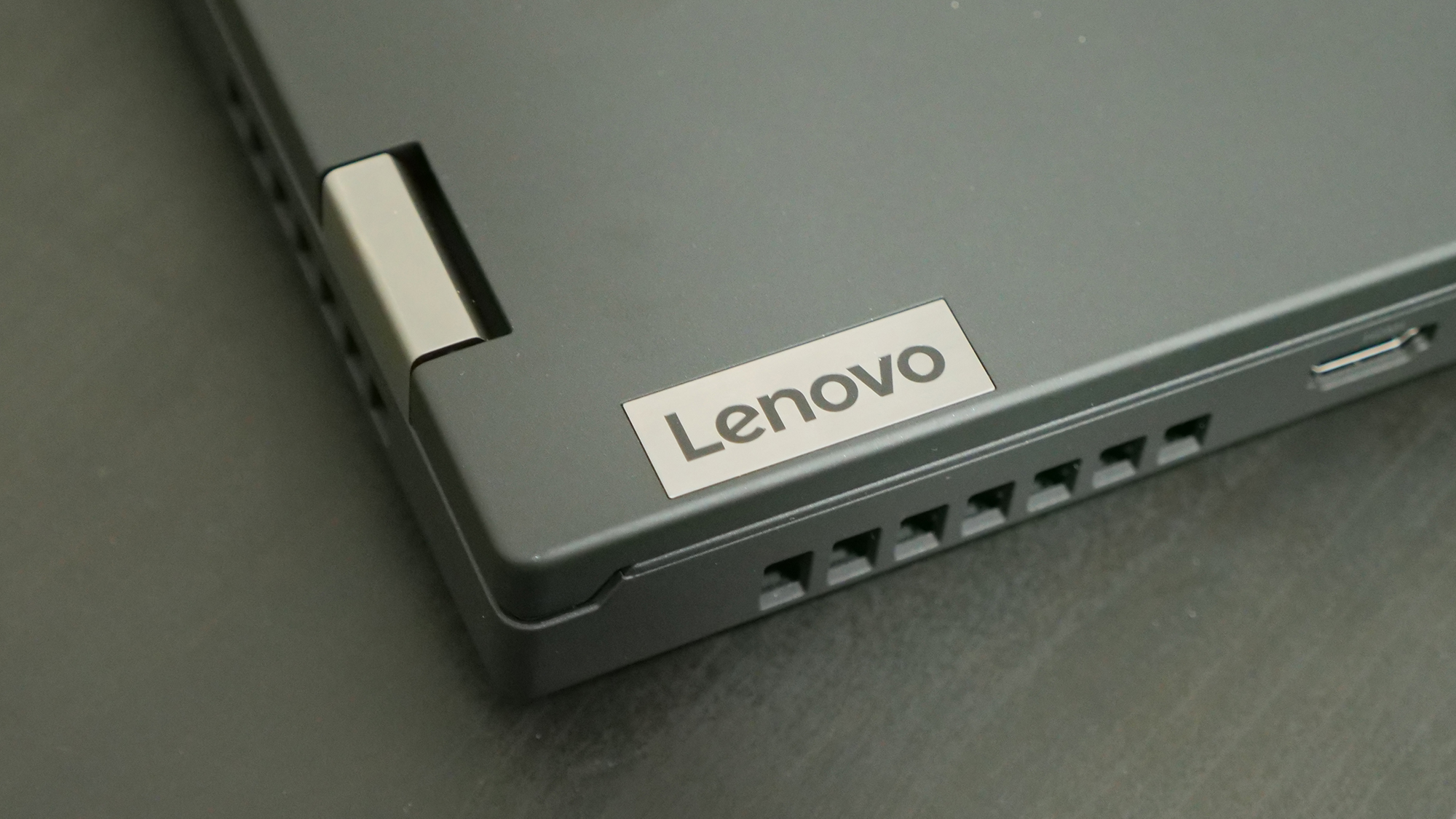Lenovo responds to Trump tariffs in unexpected style
Lenovo CEO Yuanqing Yang says its flexibility is an advantage and will protect the company's profits.

The impact of President Donald Trump's tariffs can already be felt. A 10% tariff on Chinese imported goods already has Acer planning to increase the prices of its hardware.
There's also the proposed 25% tariffs on silicon made overseas that has Taiwanese semiconductor manufacturer TSMC looking at Intel's U.S.-based manufacturing plants.
Lenovo, however, appears to not be panicking about the tariffs and in fact, doesn't think it'll have much of an impact on its business.
During the company's Q3 2025 earnings call on Thursday, a question was asked about the potential financial impact of the tariffs and if the company would take any action over them. Lenovo CEO Yuanqing Yang says tariffs are nothing new to the hardware company and could be an advantage for it.
"Although we are still assessing the impact, but overall, I don't think it has any significant impact to our business and to our future performance," Yang said. "So many other countries that have that kind of policies like Brazil and India. So actually it's not a disadvantage, but probably an advantage for Lenovo."
Yang went on to say that because of Lenovo's global manufacturing footprint with facilities in several countries including the U.S., the company is more resilient and flexible allowing it to adapt to different scenarios.
"We are pretty sure, so not only we can ensure our competitiveness in the market, but also protect our profit and performance," he said.
Stay in the know with Laptop Mag
Get our in-depth reviews, helpful tips, great deals, and the biggest news stories delivered to your inbox.
Lenovo reported large gains in revenue for the quarter. The company took in $18.8 billion in revenue, which is a 20% bump from this same time last year. One major driver for the company's revenue jump is its AI servers, which have been in high demand during the current AI boom.
Lenovo’s revenue and profit achieved significant growth last quarter with strong performance across all core businesses.Our innovation investment and resilient global operations put us in a good position to achieve sustained and profitable growth in the future. #LenovoEarningsFebruary 20, 2025
Tariffs are terrifying consumer tech companies
Trump's tariffs are a big concern for many companies that have products manufactured in China. The Consumer Technology Association (CTA) predicted that the prices of laptops and tablets could get 46% more expensive and video game consoles might increase by 40%. Smartphones would see the smallest increase at 26%.
One company at the center of the possible price increases is the previously mentioned TSMC. Apple, Nvidia, ARM, and AMD are all customers of the Taiwan-based semiconductor company, so a tariff on chips made in other countries would impact them greatly.
TSMC is already looking to acquire Intel's manufacturing plants, which are located in Arizona, New Mexico, and Oregon. The semiconductor company is reportedly producing Apple's A16 chips in Arizona, but that plant is still small with production ramping up.
Other companies already signaled that price increases on their products are coming. Acer says it plans a 10% price increase on its laptops and Chromebook in March due to the tariffs. Close to 80% of the company's laptops sold in the U.S. are made in China. The company says it's looking to move its production out of China and Taiwan.
On Tuesday, Trump says the 25% tariffs on processors could go even higher later in the year, according to CNBC. The President has suggested the tariffs on chips could start on April 2 but has been vague on specifics. Semiconductors aren't the only imported goods that could be affected on that day. Cars and pharmaceuticals could also be hit with the tariffs.

A veteran journalist and award-winning podcaster who specializes in reporting on conspiracy theories, misinformation, business, economics, video games, and tech.
You must confirm your public display name before commenting
Please logout and then login again, you will then be prompted to enter your display name.
